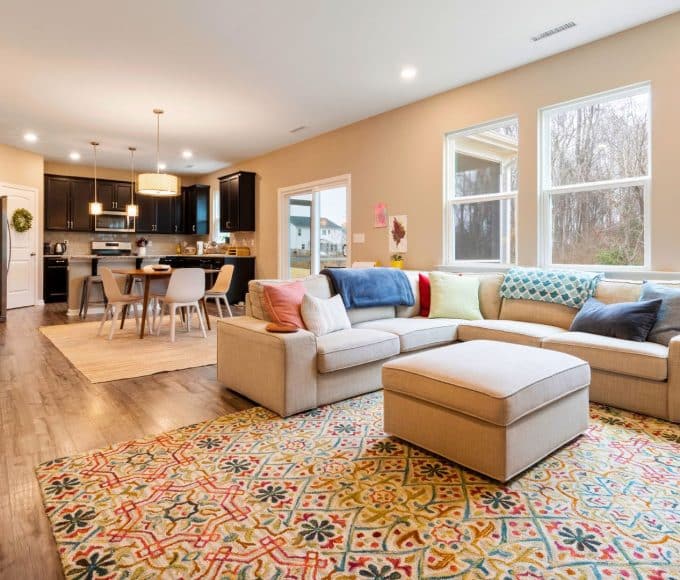A home is often the biggest single investment that you will make in your lifetime. Shopping for your first home can be a heady experience; it’s easy to get carried away. While many people buy exactly what they can afford, it’s not unusual for people to be in over their heads as soon as they sign on the dotted line. If you hope to stay within your budget, you can’t forget about the costs that lie just beyond the price of a house.
1.Property Tax
Property taxes can vary greatly, but are the responsibility of every home owner in America. It’s for good reason that many new home buyers research the amount of property tax in the areas to which they are considering moving. Remember that even though you may have a fixed-rate mortgage, your property taxes can go up and down. Because these are typically paid through the escrow portion of your mortgage, this means that your house payment may go up and down as well.
2.Insurance
Whether you like it or not, your lender will require that you maintain home insurance for your dwelling and property. You can add the cost of your insurance policy into your escrow account but, as is true with property taxes, fluctuations in your insurance policy can affect your monthly mortgage payment. One rule of thumb: Don’t scrimp on your insurance policy. You should have enough coverage to rebuild your house at current market value should you experience a disaster. You should also have coverage for any valuables that are inside of your home.
3.Utilities
If you are renting an apartment, condo or small home, the utilities in your dream home can come as a shock when you open your first bill. In order to keep your costs down, consider having an energy audit of your new home completed; many utility companies provide this service free of charge. Turn lights off when you aren’t in the room, keep your thermostat set to a reasonable temperature no matter the season, and consider a subscription to Hulu Plus or Netflix to avoid a hefty cable bill.
4.Maintenance
Part of home ownership includes keeping your house in shape. This may mean that you need to paint your home’s exterior and interior, clean the gutters out twice a year, or even replace the caulking in the tub. Make sure that you budget a small amount each month for home maintenance so that you aren’t strapped for cash when the time to fix things comes.
5.Repairs
While maintenance is a normal part of home ownership, so are unexpected repairs. You may find that you have to spend thousands of dollars to replace a leaking roof, hundreds to have a tree removed, or even shell out thousands to replace an antiquated plumbing system. If you aren’t putting money away each month for the eventual repairs that you’ll have to make, you may find yourself sitting under a leaking roof for months while you try to scrape the necessary cash together.
Don’t make the mistake that so many new home owners do and fail to consider the costs associated with home ownership. Being able to afford a house isn’t enough to keep you in it; you’ve got to be able to afford all that comes with owning that home. Consider all of the costs when it comes to buying your new house to make sure that you aren’t taking on more than you can afford.
Robin Knight is an avid blogger. If you’re moving in the DC area, look into more information on homes in Alexandria.













